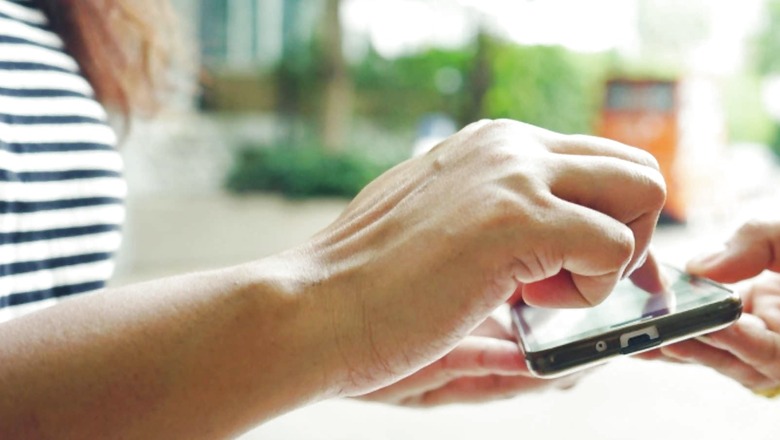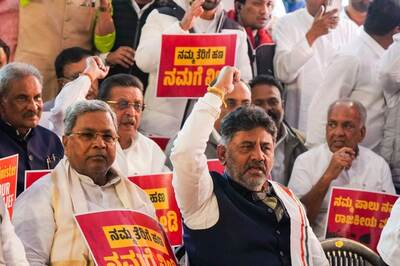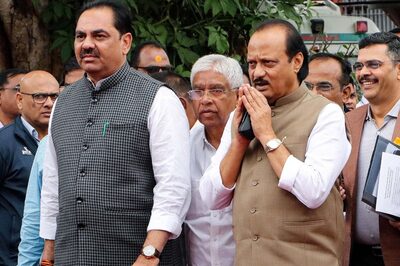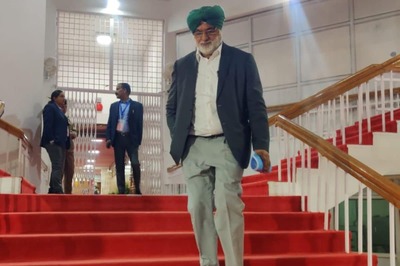
views
A survey released this week has revealed that one in two Indians admitted to receiving advertisements based on their private voice talks.
According to a survey conducted by community social media platform LocalCircles, over 53% of citizens indicated they have seen adverts on the web or app based on their conversations over the phone at least once in the past year.
Among those who have had such an experience, 28% said it happens frequently, 19% said it has happened several times, and 6% said it has happened only a few times.
Only 24% of people claimed that it never happened, while 23% were undecided.
It was also found a majority of Indians have enabled their mobile phone microphone access for audio/video calls, social networking, and third-party audio recording apps.
Approximately 84% of smartphone users admitted to giving WhatsApp access to their contact list, 51% to Facebook or Instagram (or both), and 41% to caller information applications like Truecaller.
Sachin Taparia, founder of LocalCircles, said: “A large number of people has been raising the issue of seeing contextual advertisements post their private phone conversations and this is very concerning.”
According to him, such methods must be reviewed and any apps that require microphone access must make clear representations about how their data will be used and obtain explicit authorisation.
The Personal Data Protection Bill 2019, which aims to give legislative and statutory protection to users’ or citizens’ personal information, is yet to be approved by the government.
The then Minister of Electronics and Information Technology, Ravi Shankar Prasad, introduced the bill in the Lok Sabha in December 2019. It aims to ensure that personal data, belonging to people, is protected and it establishes a Data Protection Authority to do so.
The Bill governs the processing of personal data by i) government, ii) companies incorporated in India, and iii) foreign firms dealing with the personal data of Indians.
However, the findings of the survey will be shared with the Information Technology Ministry, the Central Consumer Protection Authority (CCPA), and the Reserve Bank of India (RBI) for further action.
Taparia said: “If this is not done at the earliest, such access could easily lead to financial frauds and people’s personal information getting compromised with no accountability of how it happened.”
Read all the Latest Tech News here




















Comments
0 comment